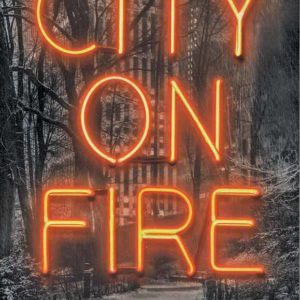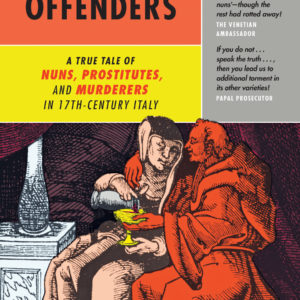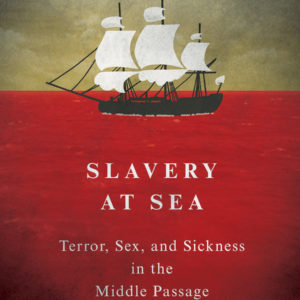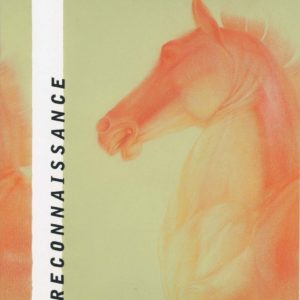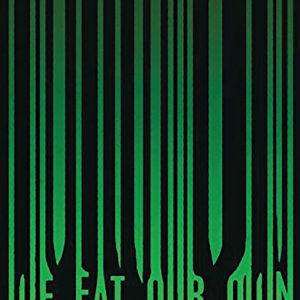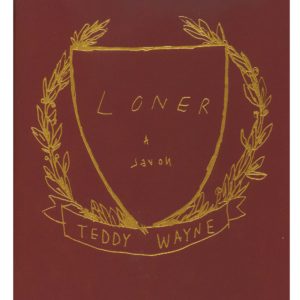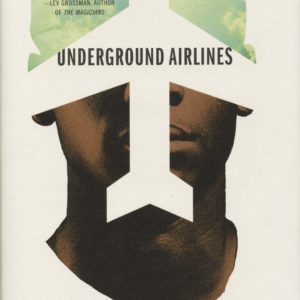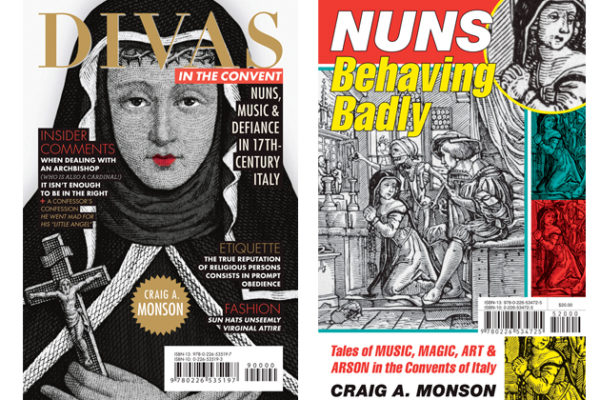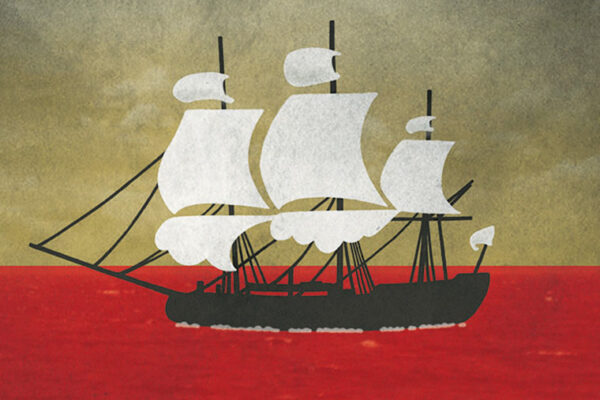In the last year, dozens of books by university faculty and alumni hit the shelves. Here we share just a small selection of the noteworthy tomes that are making an impact on literature, research and best-seller lists.
City on Fire
Garth Risk Hallberg
At its heart, Garth Risk Hallberg’s best-selling debut novel, City on Fire, is a detective story about a New York University student who is shot in Central Park. Hallberg, AB ’02, uses this event to connect a dozen New Yorkers and unveil a sinister plot. City on Fire has already been optioned for a film and has been compared to Bleak House by Charles Dickens, and the alumnus’ ability to evoke New York in the 1970s has been widely lauded. For more on Hallberg click here.
Miracle Man: The Story of Jesus
John Hendrix
In his book Miracle Man: The Story of Jesus, award-winning -illustrator John Hendrix, associate professor at the Sam Fox School of Design & Visual Arts, depicts the miracles Christ performed in beautiful illustrations and custom fonts. The stories show Jesus’ words turning into lightning bolts, butterflies and stone letters as his stupefied disciples look on.
Habitual Offenders: A True Tale of Nuns, Prostitutes, and Murderers in
17th-Century Italy
Craig A. Monson
Craig A. Monson, emeritus professor in music in Arts & Sciences, sifted through more than 4,000 pages of primary texts in order to tell the tale of two nuns who fled Bologna’s convent for reformed prostitutes in 1644. A search for the nuns went nowhere until their bodies were found a year later in the wine cellar of a Bolognese townhouse. The scandal touched priests, nobles, cardinals, a king and even the pope.
Slavery at Sea: Terror, Sex, and Sickness in the Middle Passage
Sowande’ M. Mustakeem
Sowande’ M. Mustakeem, assistant professor in the departments of history and African and African-American Studies in Arts & Sciences, takes a new look at slavery in her book Slavery at Sea: Terror, Sex, and Sickness in the Middle Passage. Whereas much of the scholarship on slavery has focused on the plantation, Mustakeem shows how the oceanic transport of slaves, known as the Middle Passage, created the foundations of the “peculiar institution.”
When Movies Were Theater: Architecture, Exhibition, and the Evolution of American Film
William Paul
In his latest book, William Paul, professor of film and media studies in Arts & Sciences, writes about the evolution of theater architecture and the varied ways movies have been shown. “Viewing a movie in the past was also an experience of architecture, an experience of both the film image and the grand theatrical space that contained it,” Paul writes. He discusses how the theater shapes movie styles, business practices and even film technologies.
Reconnaissance
Carl Phillips
“No contemporary poetry quite seduces like the work of the inimitable Carl Phillips,” writes Lisa Russ Spaar in the Los Angeles Review of Books about Reconnaissance, the 13th book of poems from Phillips, professor of English in Arts & Sciences. His poems are “subtle, nuanced, shifting negotiations of syntax, silence, and musing,” Spaar writes. “All of which can leave a reader breathless, envious, grateful.”
Loner
Teddy Wayne
In Loner, a new novel by Teddy Wayne, MFA ’07, an academically gifted kid arrives on Harvard’s campus determined to be more popular than he was in high school. He decides that his best shot is getting an invite into the world of the beautiful Veronica Morgan Wells. But his interest soon becomes a horrible obsession, in this book that turns the typical campus novel on its head. Loner was hailed by the Kirkus Review, which found it “as absorbing as it is devastating.”
We Eat Our Own
Kea Wilson
Kea Wilson, MFA ’13, has been a writer and a fan of horror movies since her youth. Not surprisingly, her debut novel is inspired by the grisly horror flick, Cannibal Holocaust. The film, set in the Amazon rainforest, included rape, murder and cannibalism. It was so convincing that the director was accused of making a snuff film. In We Eat Our Own, Wilson offers a fictionalized account of a mad director creating a similar film, Jungle Bloodbath, in the Amazon.
Underground Airlines
Ben H. Winters
In his best-selling novel Underground Airlines, Ben H. Winters, AB ’98, takes us to an America where the Civil War never happened and slavery is still legal. Victor, the novel’s narrator, hunts down fugitives for the U.S. Marshals Service. As a former slave, Victor is good at infiltrating abolitionist groups, but his search for an escaped slave named Jackdaw forces Victor to confront his own dark past. The book generated some controversy because Winters is white, and he tells the story as Victor, an African American.
